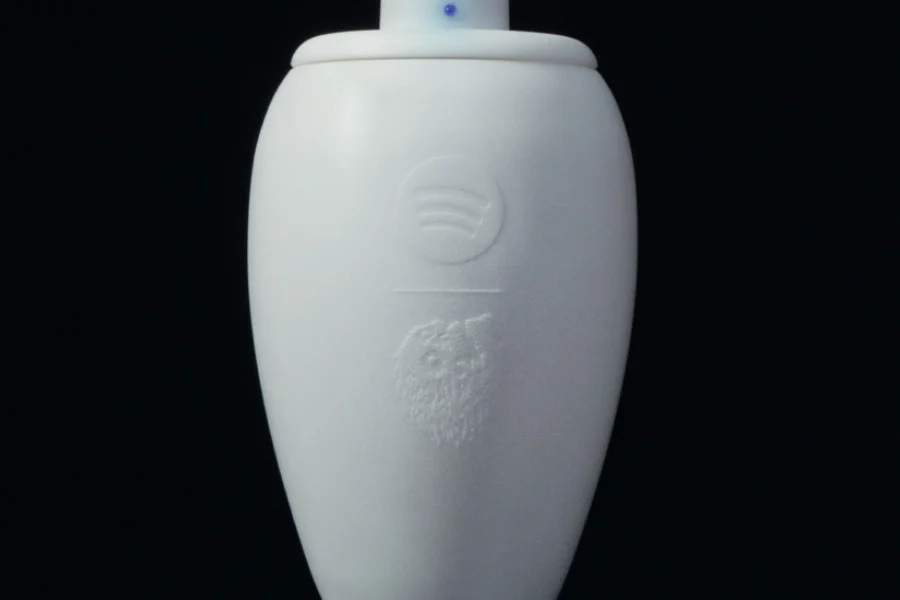TL;DR: Wolf gets a donor case that doubles as therapy, Ericka spirals into self-destruction, and Charlie Porter stops being a cartoon villain long enough to become something genuinely dangerous. Brilliant Minds is back in fighting form—now let’s hope it stays weird for all the right reasons.
Brilliant Minds Season 2
There are television dramas that operate like Swiss watches—precise, clinical, and made for people who like to admire complexity without getting their hands dirty. Then there’s NBC’s Brilliant Minds, a series that feels like someone took a scalpel to House, a dash of Grey’s Anatomy, and a sprinkle of existential chaos from The OA, shook it all up in a sterile biohazard bag, and poured it out over a hospital that feels more like a fever dream than a medical institution. By Season 2, Episode 4, the show has fully embraced its weirdness—sometimes beautifully, sometimes dangerously—and this week’s installment, aptly centered around the ever-complicated Dr. Oliver Wolf, walks the fine line between genius and melodrama with both swagger and a limp.
It’s the kind of episode that reminds me why I keep watching despite my better judgment: because it swings for the fences every single time, even when it misses the ball completely. And in this episode, those swings have consequences—for Wolf, for Ericka, for the entire neuro department of Bronx General, and most dangerously, for the slowly uncoiling snake that is Dr. Charlie Porter. But before we get to the villainy and the ethics and the slow, pulsing dread of Hudson Oaks, let’s start where the show always does best: with Wolf, the man who makes medicine look like witchcraft and emotional repression look like a personality trait.
Wolf vs. The World (and His Ex)
Dr. Josh Nichols is officially in charge, which is corporate-speak for “the chaos has a new captain.” Watching Josh hover over Wolf is like watching an ex try to prove he’s over someone while still scrolling through their Instagram at 2 AM. Teddy Sears plays the role with the kind of restraint that tells you everything you need to know: Josh is dying inside but he’s not going to let you see it. Wolf, on the other hand, is allergic to authority and feelings, which means their professional dynamic now functions like a slow-burn enemies-to-lovers fanfic that NBC refuses to acknowledge but the audience absolutely sees.
The hospital is hanging by a thread—financially, emotionally, maybe even metaphysically. So when Wolf gets assigned the case of Arianna Burnett, played with delicious eccentricity by Jane Krakowski, it feels like the universe handing him a lifeline made of glitter and chaos. Arianna is a major donor, and her brain might be betraying her. It’s the kind of setup this show loves: a neuro case that’s more metaphor than medicine, with enough subtext about control and freedom to power a freshman philosophy seminar.
Wolf and Carol head to the Burnett mansion—and within minutes, things go from mildly strange to full-on performance art. Arianna has spelled out “Help” with origami cranes, because of course she has. There’s a version of this story where the show plays it as horror; instead, Brilliant Minds leans into whimsy, and somehow, it works. Krakowski sells every beat of it, turning a potentially one-note guest role into something surprisingly poignant. She’s not losing her mind—she’s losing control. And in a world where control means survival, that’s far more terrifying.
The Case of the Paper Cranes
When the tests begin, the medical mystery unravels like origami itself—each fold revealing something new, something not quite what it seems. Arianna doesn’t have dementia, just an unfiltered zest for life that her conservative family reads as madness. It’s a familiar story, but Brilliant Minds plays it with a wink. The lesson isn’t about diagnosis; it’s about communication, about the radical act of listening.
And that’s where Wolf shines. He’s always been the doctor who treats medicine like a dialogue, not a dictatorship. Helping Arianna find her footing helps him draw boundaries with Josh—boundaries that look suspiciously like emotional growth. For the first time, Wolf isn’t trying to save everyone by self-destructing. He’s trying to survive the system without losing his spark. That spark, however, is exactly what makes him dangerous to people like Charlie Porter.
Ericka’s Spiral: When Healing Hurts
Meanwhile, Ericka Kinney is running headfirst into her own collapse. She’s the kind of character who wants to heal others to avoid healing herself—a trope as old as television itself, but the show gives it a pulse through Ashleih LaThrop’s raw performance. Ericka’s obsession with helping a homeless schizophrenic man named Sam becomes her coping mechanism for unprocessed trauma. She thinks saving him will save her. It doesn’t.
There’s something quietly devastating about watching her force a CT scan on Sam—a scene that hums with tension and empathy and dread. It’s one of those sequences that remind you how thin the line is between care and control, between advocacy and intrusion. When the scan goes wrong and Sam panics, the show doesn’t sensationalize it. It just lets the horror breathe. You can feel every beat of Ericka’s guilt when Dr. Thorne steps in, when the guards intervene, when the fragile line of trust between patient and doctor snaps like a brittle nerve.
Later, when Ericka returns to the park and finds Sam gone, the silence hits harder than any monologue could. She runs home, opens a drawer, and digs out her meds. It’s a quiet, tragic moment that underlines everything Brilliant Minds does best—it turns the hospital into a mirror, and every doctor sees their own sickness reflected back.
The Charlie Problem
Now we get to Charlie Porter. For weeks, he’s been twirling his metaphorical mustache like a cartoon villain who accidentally wandered in from another network. The writers clearly heard the audience complaints—and this episode, they finally course-correct. Charlie isn’t a sociopath this week; he’s something more interesting: a human being.
He starts the episode as the kind of boss who’d make a motivational poster burst into tears. His treatment of Dana is brutal—condescending, sexist, mean for the sake of it. But when he softens, when he admits that he respects her humor but wants her to understand the politics of the job, something shifts. Suddenly, Charlie isn’t a villain. He’s the uncomfortable truth in a system that rewards cynicism over idealism. He’s what Wolf could become if he ever gave up the fight.
And then comes the twist: the Hudson Oaks revelation. Wolf, now effectively imprisoned in a facility that promised healing but reeks of control, sneaks a phone call to Josh. Charlie overhears it. It’s not just gossip—it’s opportunity. By the time the episode ends, it’s clear Charlie’s the one stepping into Wolf’s shoes. Whether he orchestrated Wolf’s downfall or is just opportunistically climbing over it, we don’t know. But the power shift has begun, and the show suddenly has teeth again.
Final Thoughts: Madness, Medicine, and the Messy Middle
Episode 4 isn’t perfect. Some subplots wobble, some dialogue clunks, and there are moments where you can practically hear the network notes whispering, “Make it sexier.” But it’s alive. It’s strange and unpredictable and deeply human in a way few network dramas dare to be anymore. It reminds me that messiness can be art if you lean into it.
This week, Brilliant Minds teaches its own doctors—and maybe its own writers—a crucial lesson: sometimes healing isn’t about fixing what’s broken. Sometimes it’s about learning to live with the fractures.







